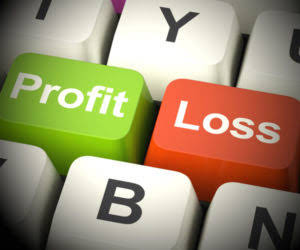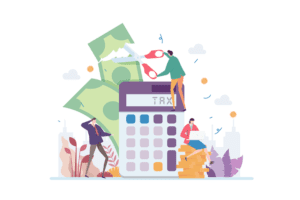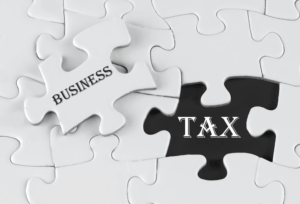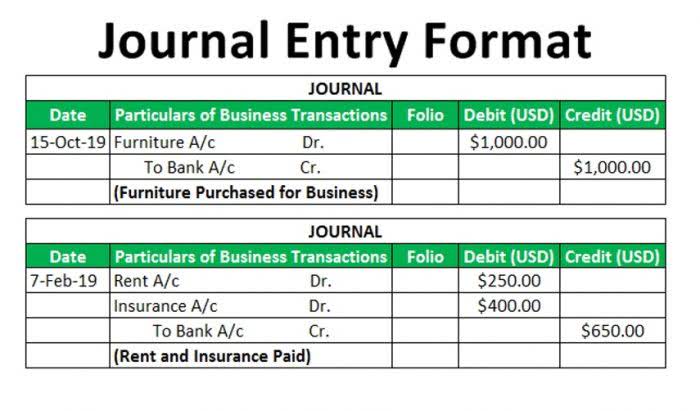
In fact, QuickBooks ProAdvisor in most jurisdictions, an issued check will still be deposited by banks up to six months after the issue date. This is very different than most other instant payment methods, which include ACH transfers, wire transfers, and even cryptocurrency. Once such checks are finally deposited, they can cause accounting problems.

Is Checking and Account Number the Same?
This can create a cycle of debt that becomes increasingly challenging to break free what does outstanding check mean from. The credit card and banking offers that appear on this site are from credit card and banking companies from which BankDealGuy.com receives compensation. This compensation may impact how and where products appear on this site (including, for example, the order in which they appear).

What does unclaimed credit mean?
- Ignoring an outstanding warrant can escalate legal problems, including additional charges for failure to appear in court.
- Checks are simple financial tools that depend on both the payor and payee to take action to complete the payment.
- You can then work out a resolution with the payee, perhaps a different payment method.
- Similarly, when you write and deposit a check, the bank gets your instruction instantly, but processing it can take several days.
- If you run a business it can make things complicated as businesses need to make adjustments during reconciliation on their ledgers.
It’s important to note that any failure or delay in addressing issues related to outstanding checks can exacerbate existing legal risks. By ensuring prompt identification and resolution of such issues, organizations can safeguard their compliance with relevant regulations and protect themselves from potential legal ramifications. You’re not alone understanding outstanding checks and how to stay clear of their risks is essential for anyone managing their finances. Once the outstanding https://winplay88slot.org/how-to-find-retained-earnings-from-assets/ checks have been identified, individuals can take the necessary steps to resolve them. This may involve contacting the payee and arranging for an alternate form of payment, or it may require further communication with the bank to address any issues that may be causing the delay.
- Your first step should be to use an accounting system that deducts any uncashed checks from your available funds.
- Remember, it’s essential not only to be aware of the funds available but also to recognize which checks have cleared and which are still outstanding.
- When the check reaches this expiration date, it is no longer valid, and the bank the check was written from may not honor the payment.
- I had no idea about the random audit flags or cross-matching with other databases – that actually explains some of the seemingly random delays I’ve experienced.
- However, some of these checks may still be outstanding for various reasons.
- Anytime you make this request, mark it in your accounting software or ledger as “canceled.” Doing so allows this money to be made available again.
How Outstanding Checks Work
A systematic approach involves ticking off each transaction that matches. Any check number and amount listed in the internal records that lack a corresponding cleared entry on the bank statement is considered outstanding. Summing the amounts of these unmatched checks provides the total value of outstanding checks. The best way to keep track of outstanding checks is to regularly review your bank account statements and reconcile them with your checkbook or budgeting software. This will help you identify any discrepancies and ensure that all outstanding checks have been accounted for. Explore the financial implications of outstanding checks, including their effects on account balances and reconciliation processes.

Avoid making impulsive or unnecessary purchases that could contribute to a growing balance. Additionally, be mindful of your credit limit and try to keep your credit utilization ratio below 30%. This ratio compares your credit card balances to your available credit and plays a role in determining your credit score. Once you have established your budget, it is crucial to monitor your spending regularly. This will help you identify any areas where you may be overspending and allow you to make necessary adjustments. By staying disciplined and sticking to your budget, you can avoid the temptation to rely on credit cards to cover your expenses.
